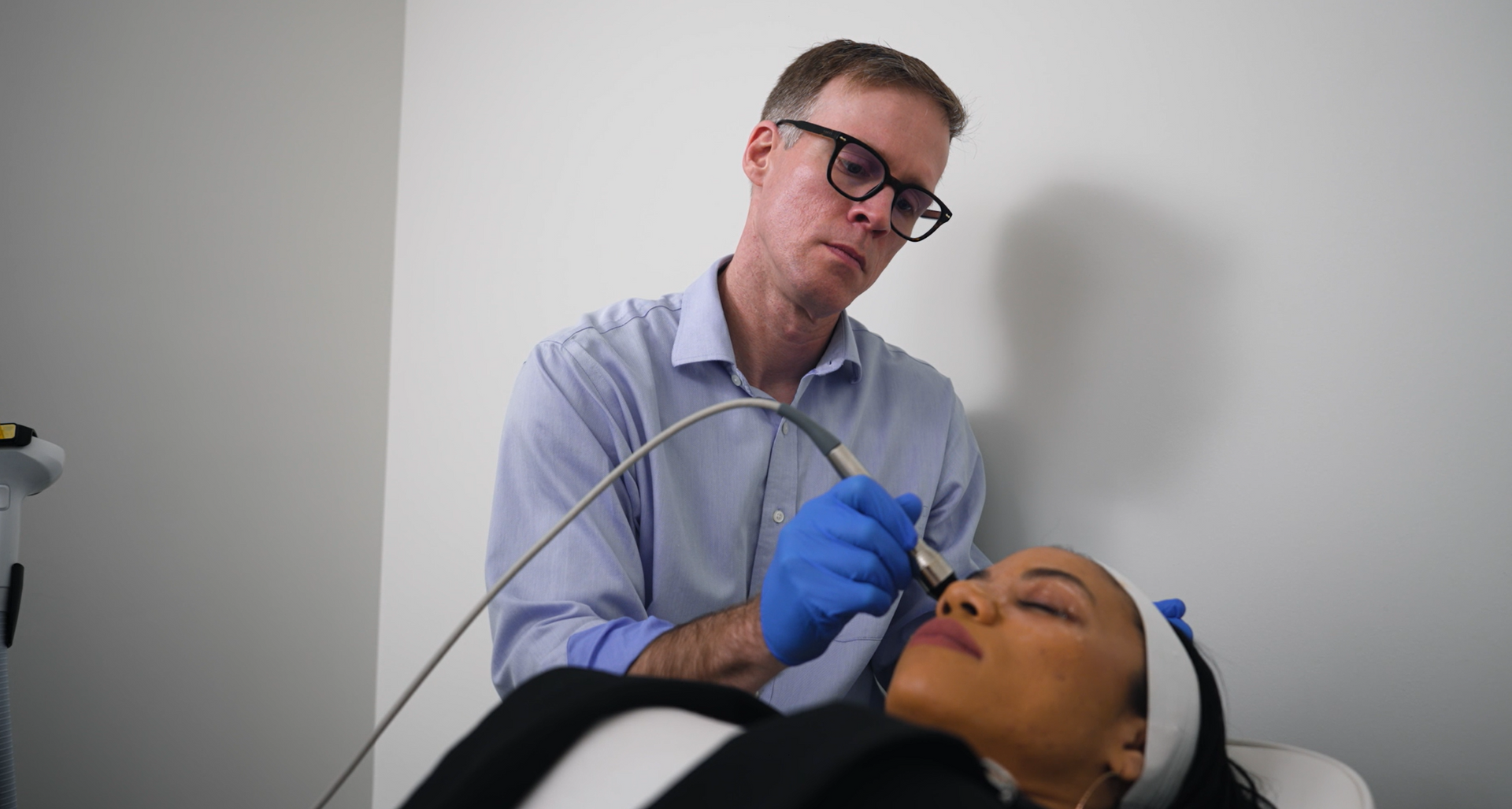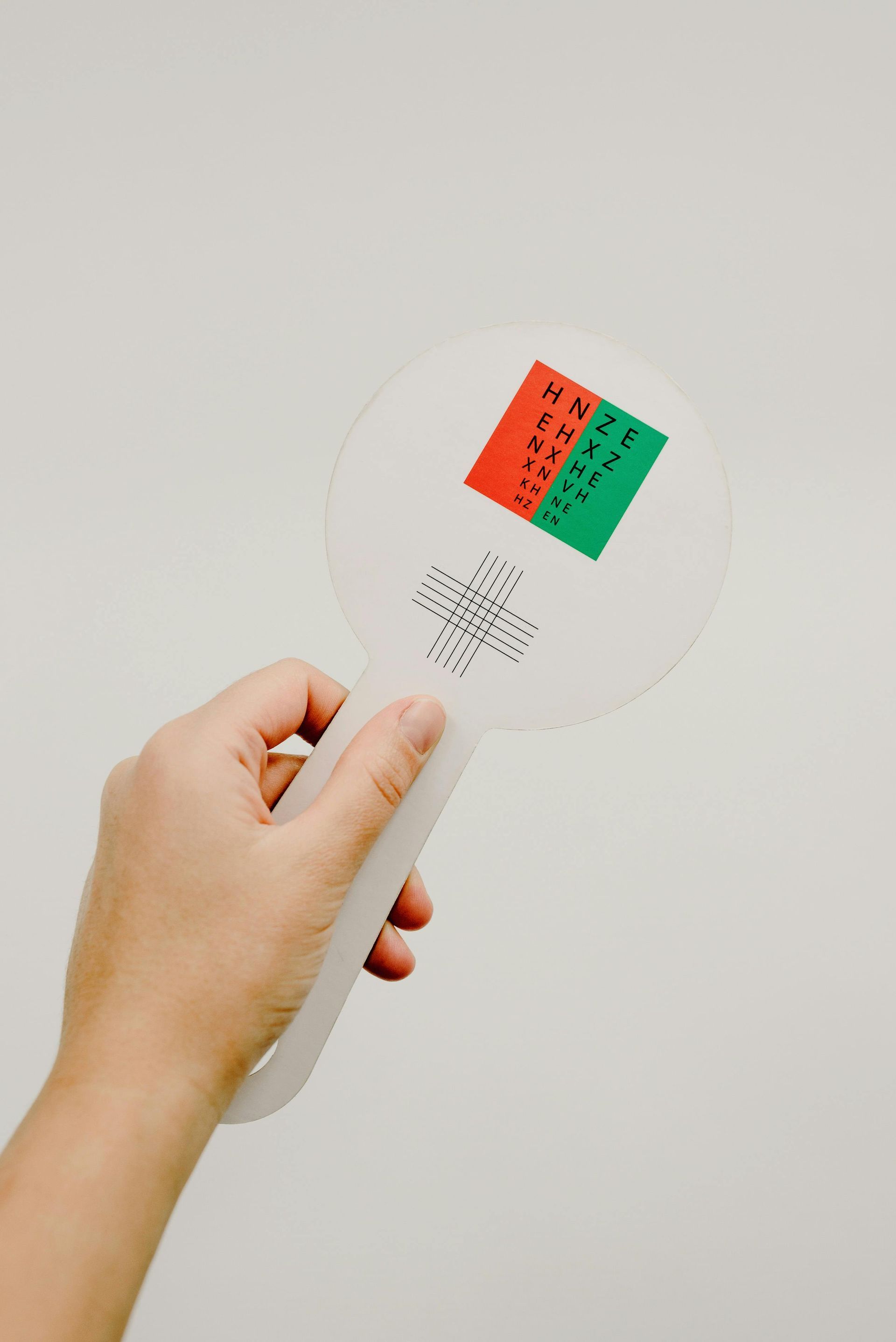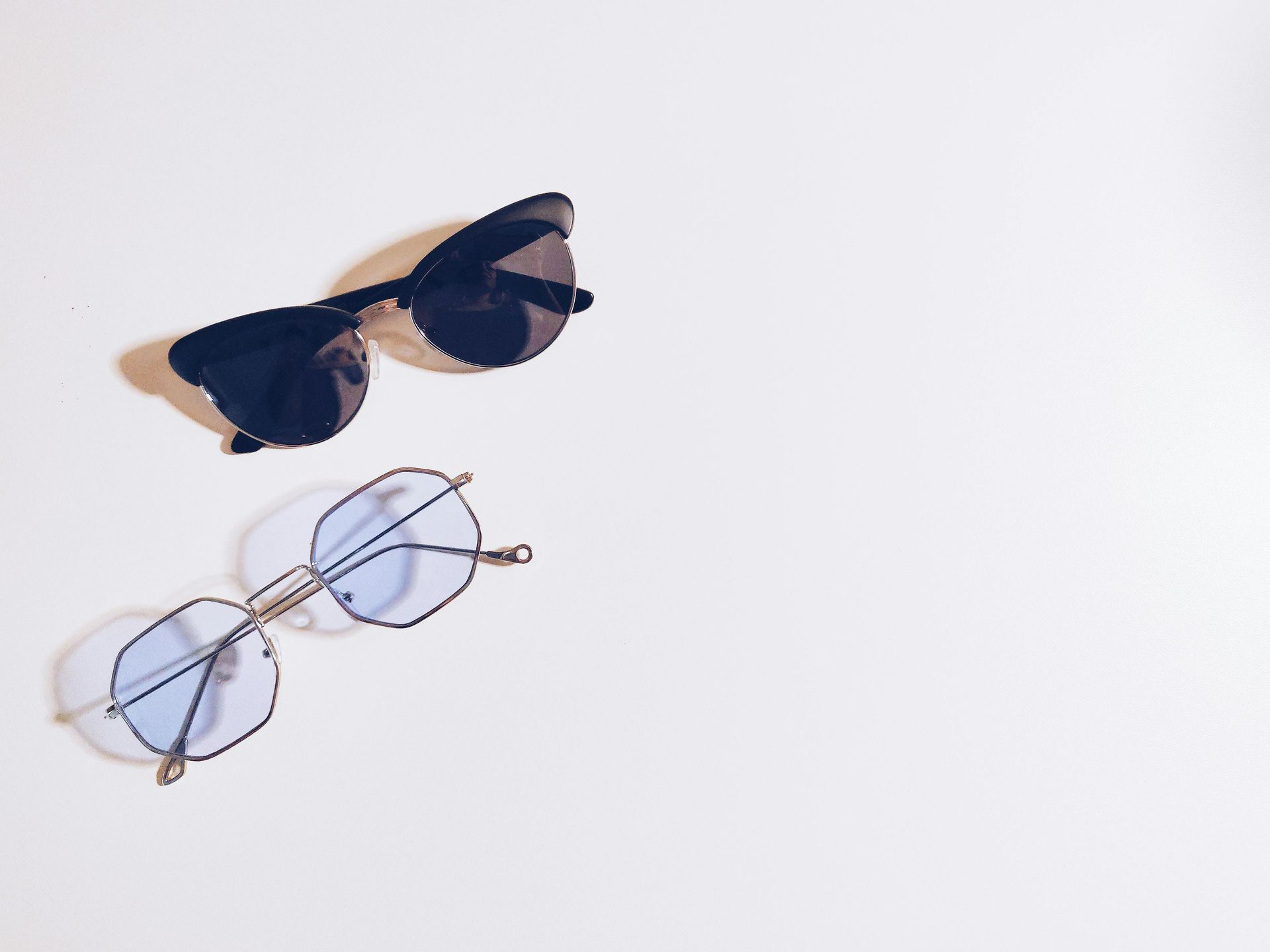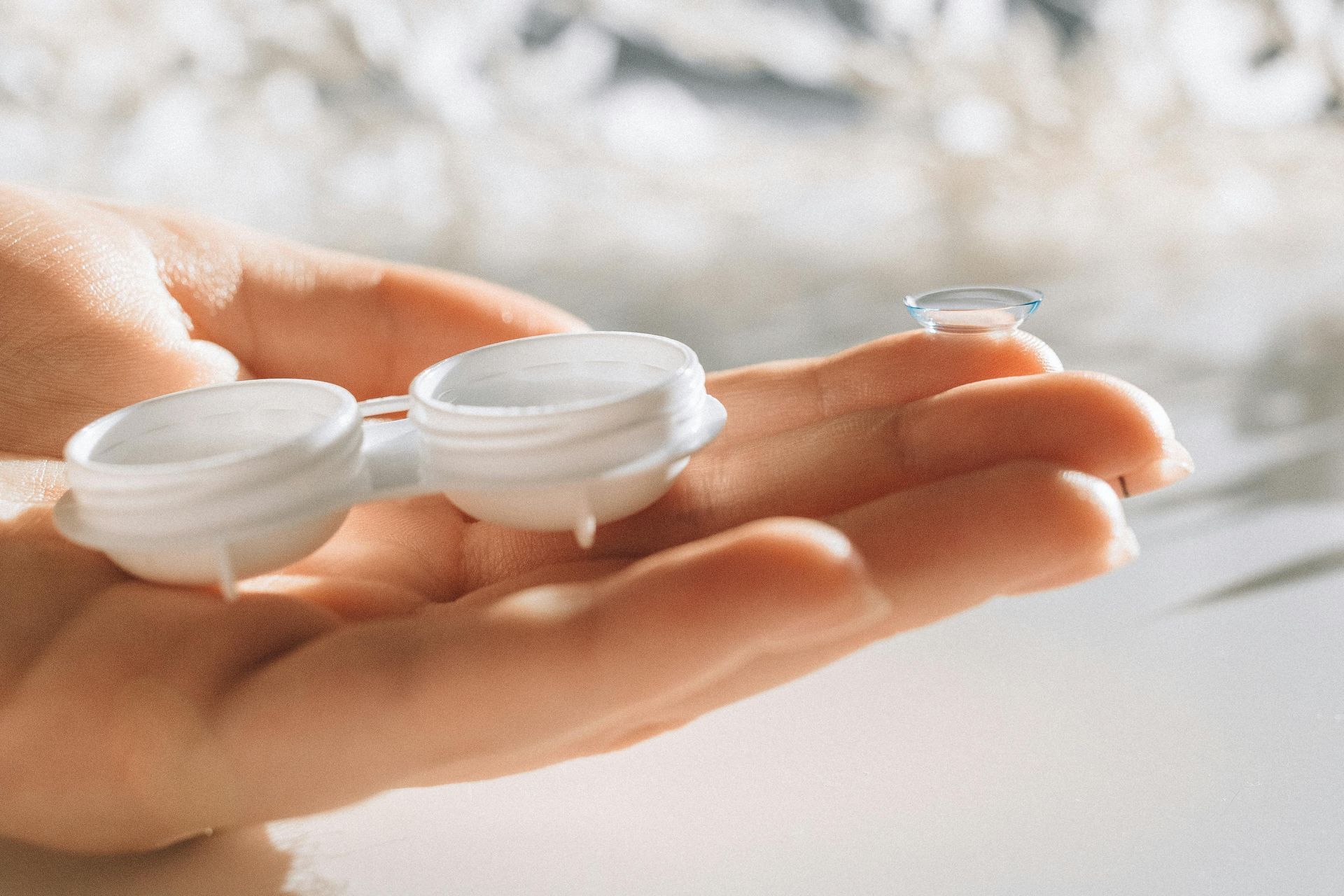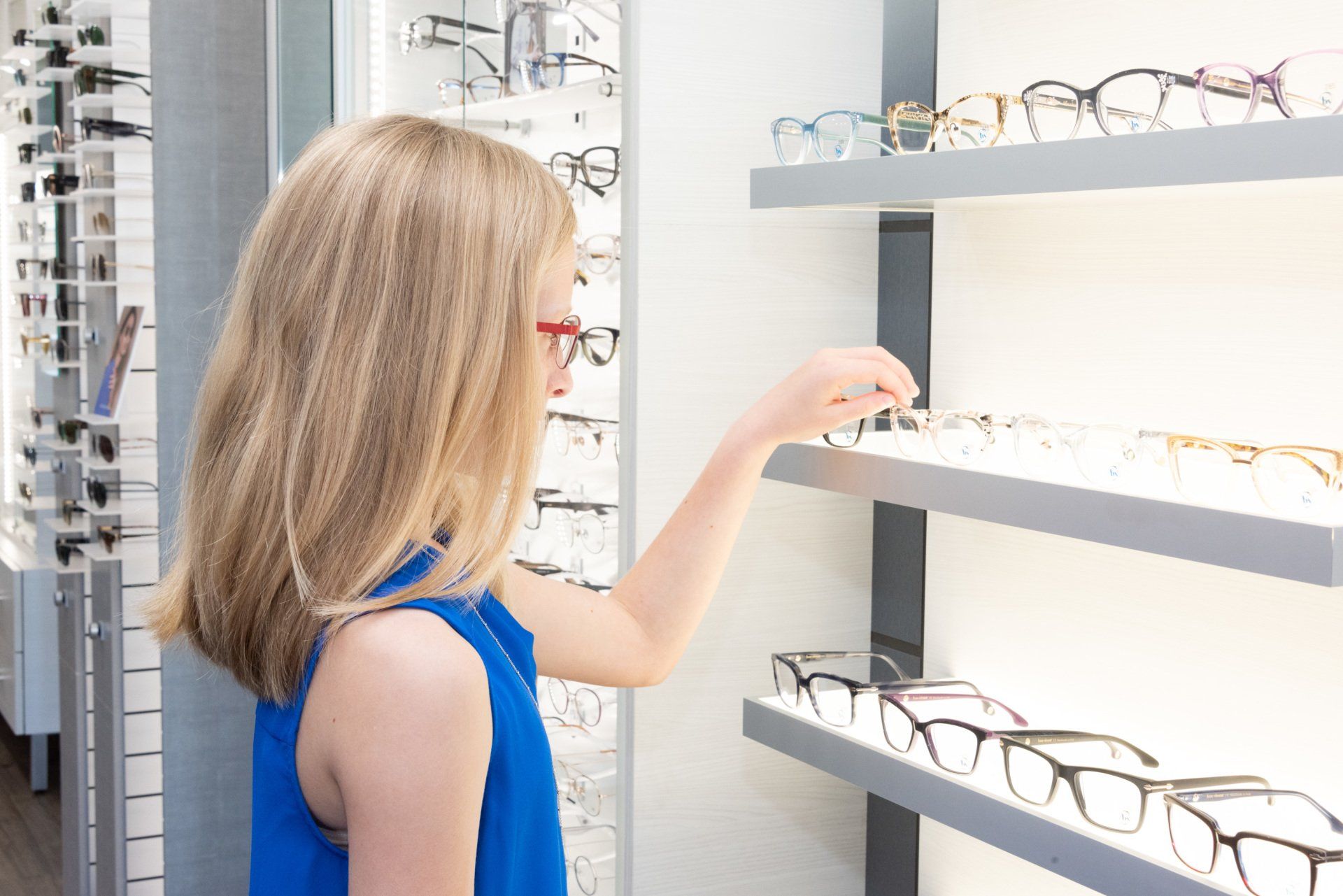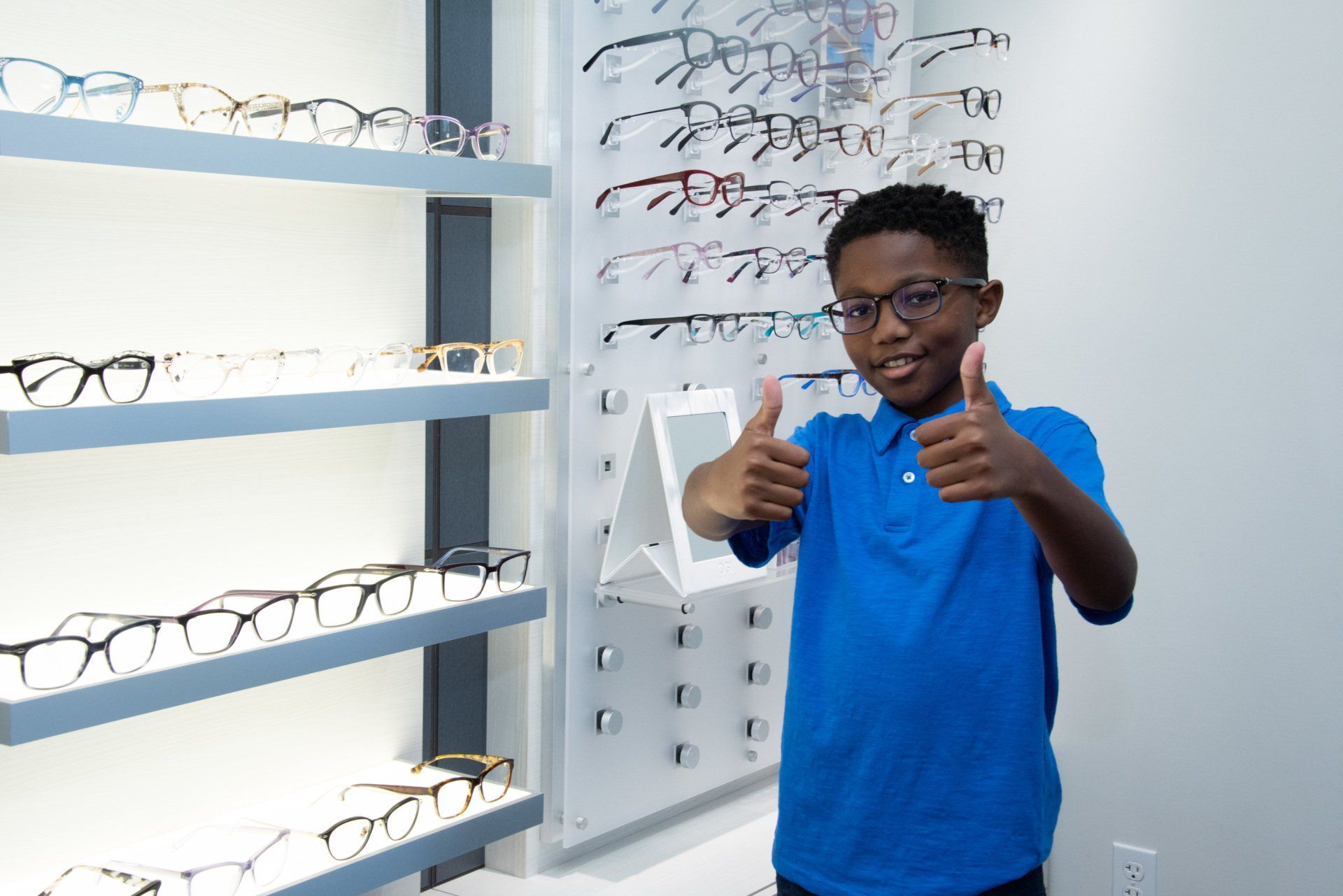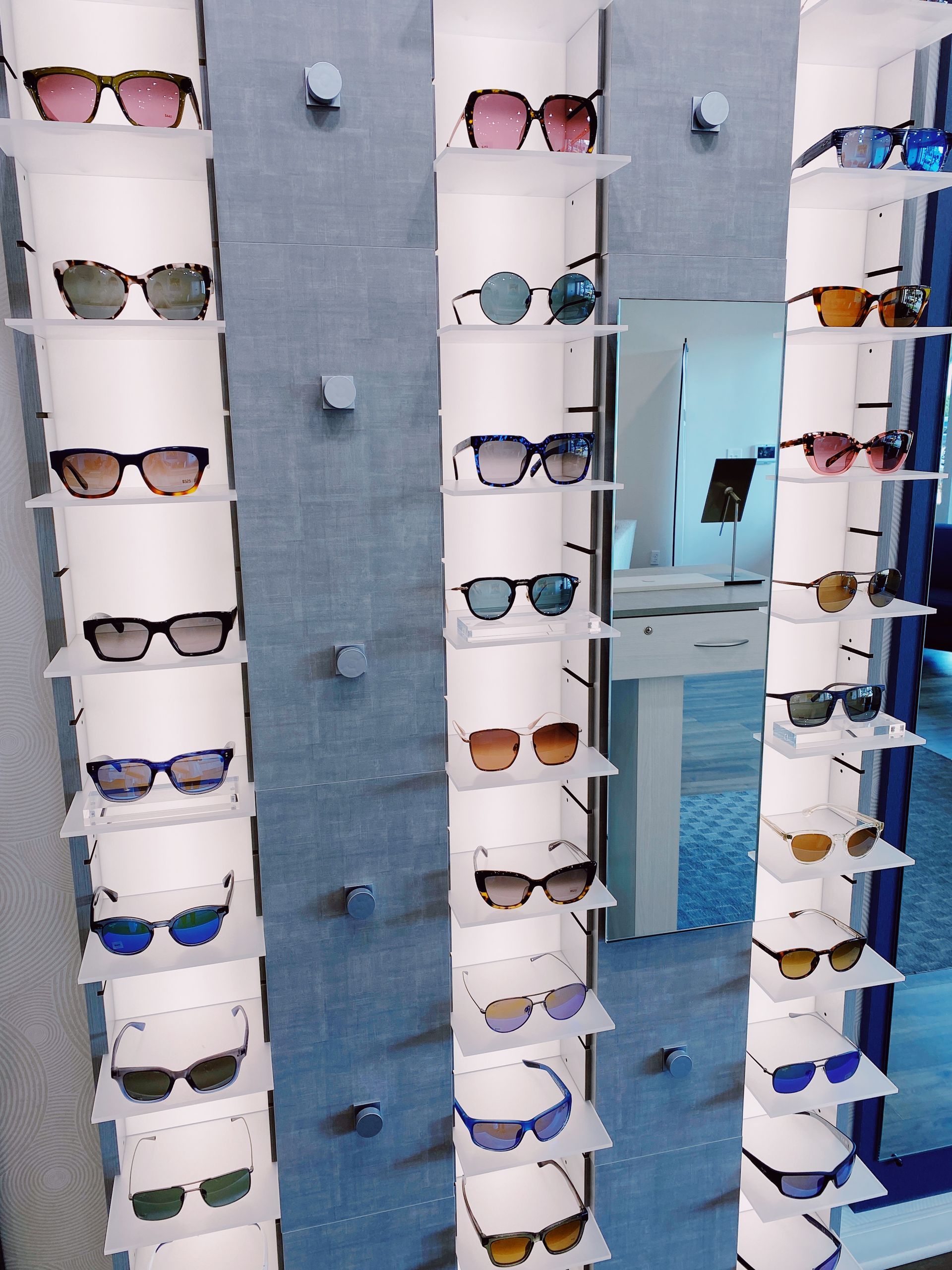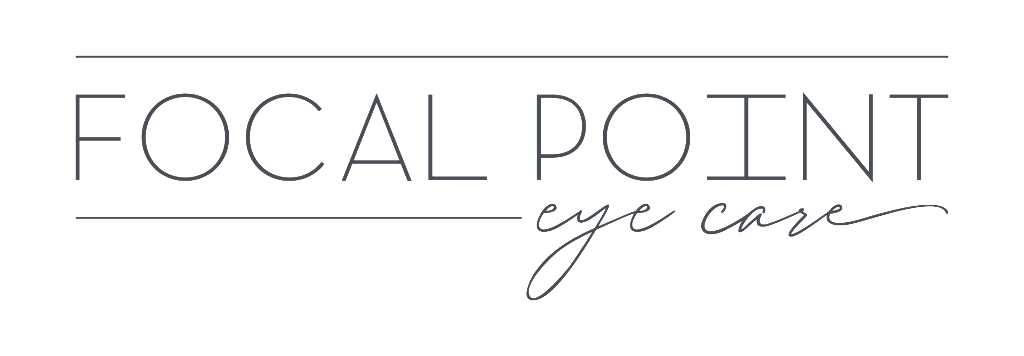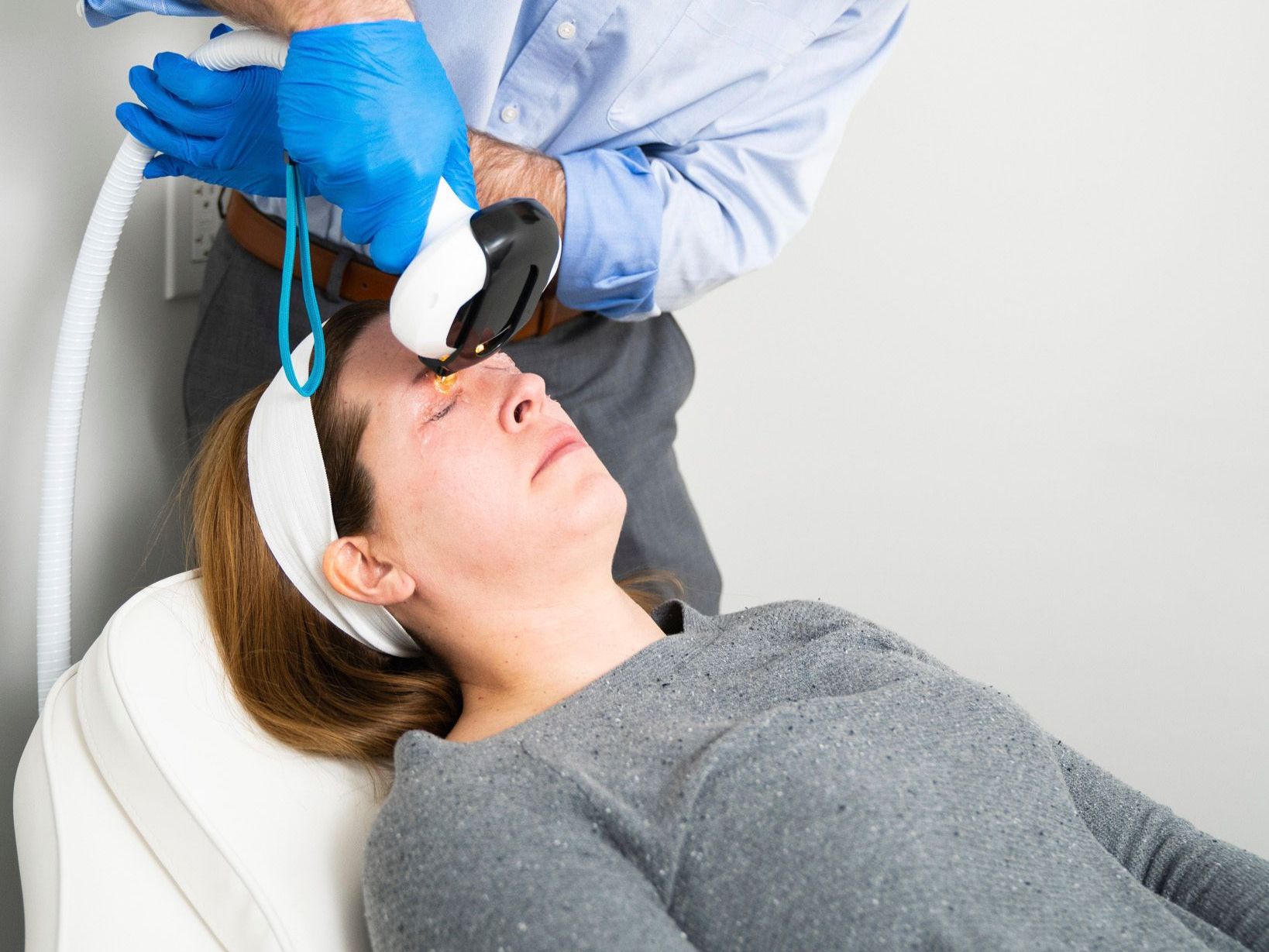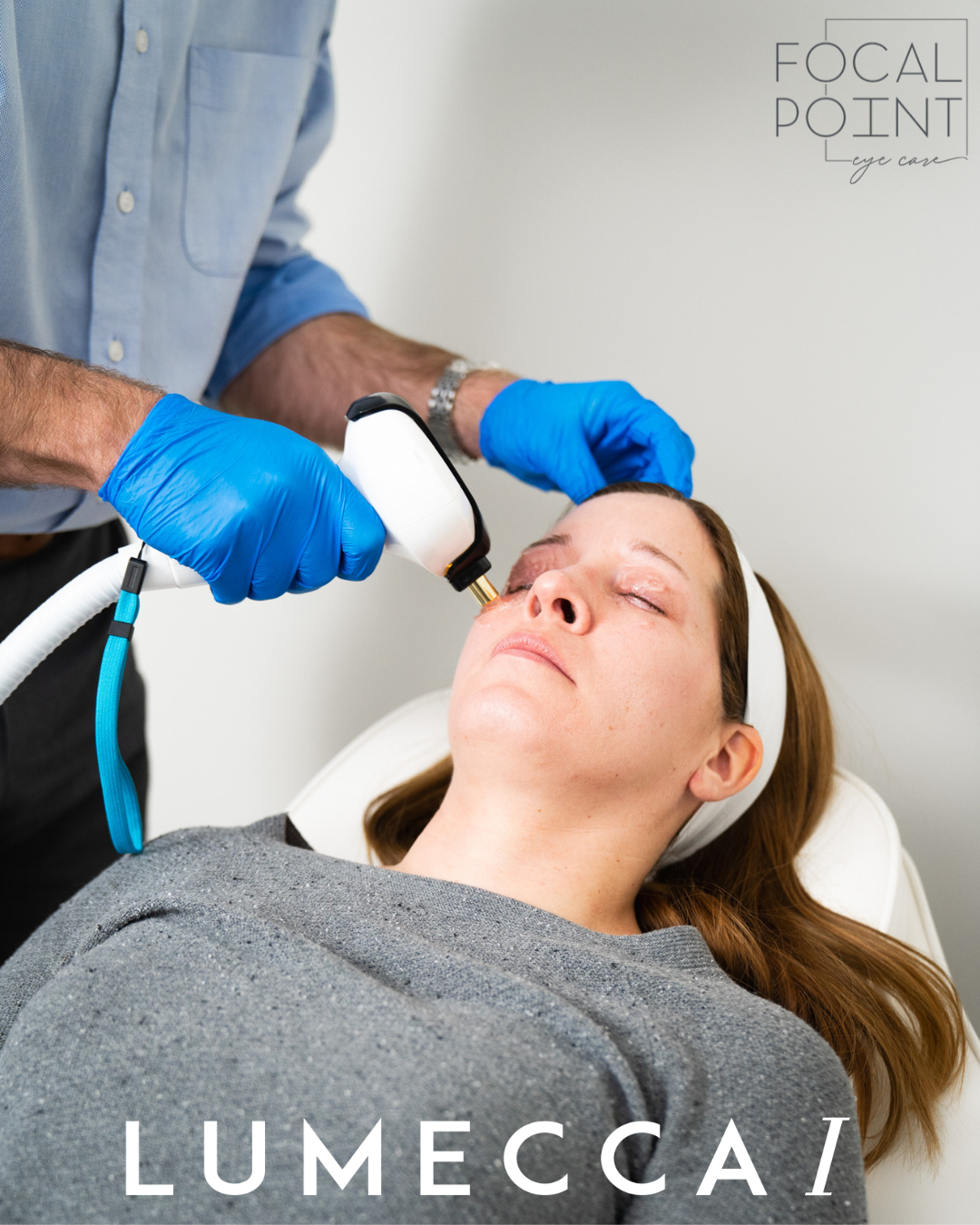Is Your Vision Getting Worse Every Year?
Baton Rouge Eye Doctor Trying to Control Myopia Progression
I remember as a young child, my parents would take me to the eye doctor for my yearly eye exam. Every year it was the same result: my nearsightedness (myopia) had gotten worse and my glasses prescription would have to be strengthened. I'm not blaming my parents or my childhood eye doctor, as it's just the way things were done. (Plus, some research says the more nearsighted someone is, the smarter they tend to be. Makes sense to me!) Fast forward 25 years, and we are starting to think of myopia a little differently than when I was a child.
Myopia is beginning to be thought of more as a disease, more as an epidemic affecting young children today. Maybe it's not all hereditary like we once thought. Maybe a lot of it is environmental factors (kids on electronic devices is a topic for a whole other blog; one discussing vision, brain, and social effects! I digress). Maybe it can be controlled to a degree. Research is starting to show that in some cases, it can be controlled. And we need to control it, because increasing myopia directly increases the risks of potentially harmful and irreversible eye conditions.
The question a lot of optometrists are struggling with is, what's the most effective method to slow down myopia progression without interfering with the patient's normal daily activities? I struggle with this question, too. Some studies show that the most effective method to controlling myopia progression is instilling a dilation drop in a patient's eye. EVERY DAY, ALL DAY! Patients who come to my office give me dirty looks if I suggest they be dilated for 2 hours, once a year! And, they will pay me extra money to use technology that, although really good, doesn't give me quite the view a dilated eye would. I can't imagine many parents opting to have their child dilated every day until college.
Fortunately there are other promising options available such as technologically advanced lenses for your glasses, soft
contact lens options, and hard contact lens options. Ironically, most patients are more interested in the hard contact lenses, but this blog is already getting too long to get into all of the details. I don't want your experience year after year to be like the one I had going to my eye doctor. And I don't want your risk for irreversible eye damage to keep increasing. Let your eye doctor know that you want options, and that you want to discuss ways not only to correct your sight now, but to preserve the health of your eyes for many years into the future. And if it's okay with you, let me just keep thinking I'm smart.
